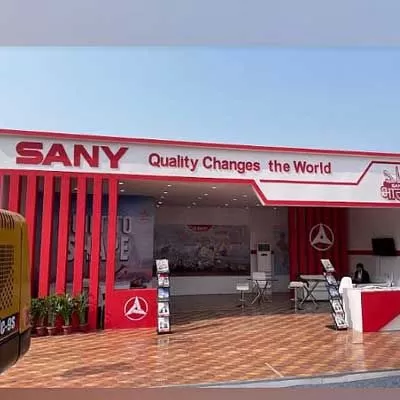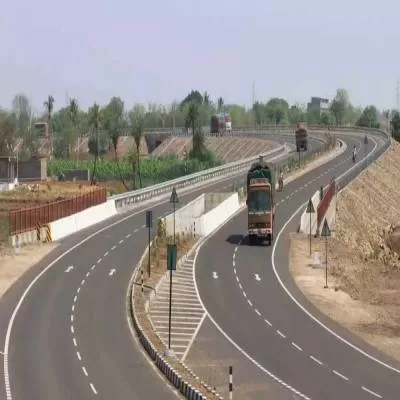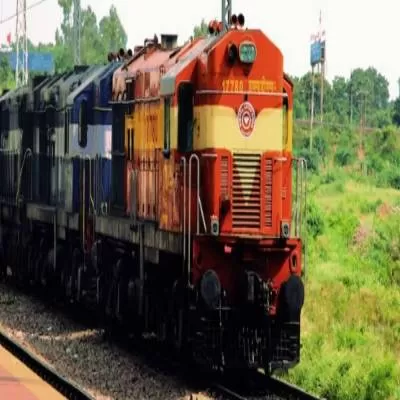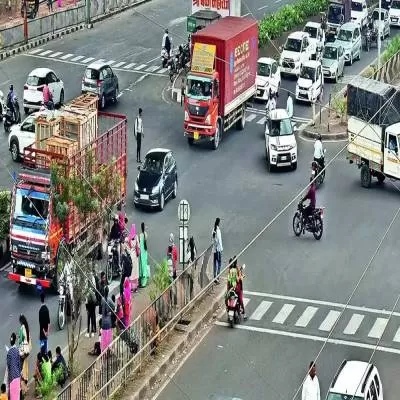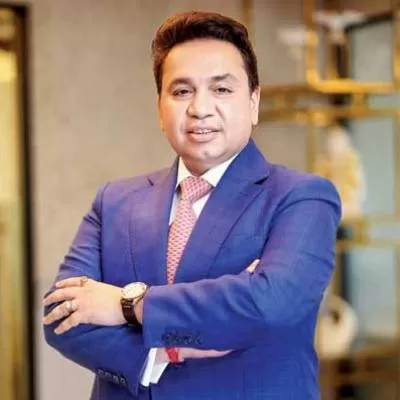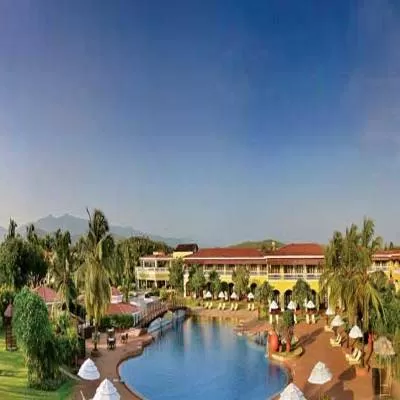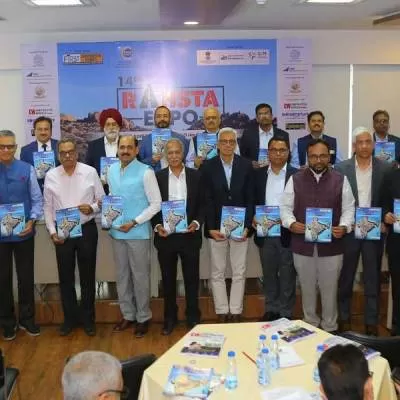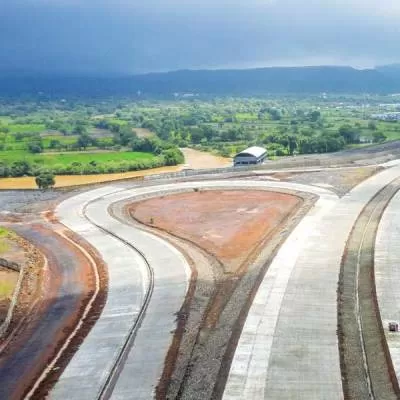- Home
- Infrastructure Transport
- ROADS & HIGHWAYS
- My vote goes to...
My vote goes to...
We have wasted some serious good governance time before the UPA government finally woke up and pushed forth the Project Monitoring Group into action. According to recent statements by the Finance Minister, issues have been resolved in 108 of the 169 projects considered by the Cabinet Committee on Investments (CCI) and fresh loans to the extent of Rs 102,292 crore have been released to project promoters. The total cost of these 169 projects is Rs 837,632 crore and the loan sanctioned by banks to them is Rs 292,658 crore.
However, two years of blocked decisions on infrastructure development have piled up issues of protest. While the courts waded through the debates of development vs environment and social impact to arrive at their decisions, economic activity was brought to a grinding halt. Creating economic momentum requires huge coordination and effort by several factors. The RBI, rightly or wrongly, targeted inflation at the cost of growth and even now is cautiously examining its ability to lower rates. Such situations require leadership, which has been sadly lacking. Leaders understand administration and do not let it cripple growth, but utilise it to check vagrant growth. Our economic problems have been caused by lack of assertive leadership - and, going by the accounts of books released by ex-PMO officials, lack of leadership.
The agenda for the new government will require a review of administrative hurdles. For instance, despite the Supreme Court order lifting the 19-month ban on mining in Goa, the state is still seeking the withdrawal by the Ministry of Environment of its draft notifications on the Western Ghats, which are likely to impact mining in the long run. Mining generates revenue of Rs 1,200 crore per year in Goa and, directly and indirectly, employs over 1 lakh people associated with mining and export of iron ore. Many such issues are holding up economic growth. Besides, over Rs 25,000 crore is stuck in arbitration with NHAI and other infrastructure government agencies. This needs to be resolved to rekindle interest in the roads sector. NHAI is reportedly planning to award about 2,000 km through cash contracts, or EPC mode, and is ready with 3,000 km to be bid via the public-private partnership (PPP) mode. Further, request for qualification, which has been kept in abeyance for the Chennai, Kolkata, Lucknow, Guwahati, Jaipur and Ahmedabad airports, will need to be executed as interested bidders are keenly awaiting the same. Railways can be a great economic accelerator provided the finances are well managed. Freight corridor projects need to be expedited as they have already secured funding but there is delay at the execution end. The land acquisition law needs to be examined for efficacy to implement large infrastructure projects. In its current form, it seems to be a great deterrent. The rollout of GST needs to be planned and a target date has to be set and adhered to. The manufacturing sector needs a fillip; this would be the fastest way of creating jobs. Indeed, the list of things that need fixing seems to get longer and longer.
The new government will inevitably need to fix the administrative lacunae to set the stage for the implementation of India's Twelfth Five-Year Plan. My vote is for a leader with a grand vision and who is also strong on execution. Our Cover Story takes up the issue of how the industry needs to nurture our human capital, which is being neglected and ill-treated. With so much at stake in our quest to build smart cities and smart infrastructure, we need to address the training of our manpower so productivity can be maximised. Instead of wasting money on schemes like MNREGA, the government needs to build a pool of labourers with identity cards so they can be deployed for infrastructure projects that mostly emanate from government contracts. It is time.
On May 16, the nation will wait with bated breath for a resolute verdict in anointing the new leader who will lead the country out of the morass. Industrial production is at an abysmal low, GDP is struggling to regain lost ground, tax collections have dropped, non-performing assets have mounted, except for pharmaceuticals, textiles and IT, all industries are reporting sub-par results; all signs indicate that business is at a standstill. We have wasted some serious good governance time before the UPA government finally woke up and pushed forth the Project Monitoring Group into action. According to recent statements by the Finance Minister, issues have been resolved in 108 of the 169 projects considered by the Cabinet Committee on Investments (CCI) and fresh loans to the extent of Rs 102,292 crore have been released to project promoters. The total cost of these 169 projects is Rs 837,632 crore and the loan sanctioned by banks to them is Rs 292,658 crore. However, two years of blocked decisions on infrastructure development have piled up issues of protest. While the courts waded through the debates of development vs environment and social impact to arrive at their decisions, economic activity was brought to a grinding halt. Creating economic momentum requires huge coordination and effort by several factors. The RBI, rightly or wrongly, targeted inflation at the cost of growth and even now is cautiously examining its ability to lower rates. Such situations require leadership, which has been sadly lacking. Leaders understand administration and do not let it cripple growth, but utilise it to check vagrant growth. Our economic problems have been caused by lack of assertive leadership - and, going by the accounts of books released by ex-PMO officials, lack of leadership. The agenda for the new government will require a review of administrative hurdles. For instance, despite the Supreme Court order lifting the 19-month ban on mining in Goa, the state is still seeking the withdrawal by the Ministry of Environment of its draft notifications on the Western Ghats, which are likely to impact mining in the long run. Mining generates revenue of Rs 1,200 crore per year in Goa and, directly and indirectly, employs over 1 lakh people associated with mining and export of iron ore. Many such issues are holding up economic growth. Besides, over Rs 25,000 crore is stuck in arbitration with NHAI and other infrastructure government agencies. This needs to be resolved to rekindle interest in the roads sector. NHAI is reportedly planning to award about 2,000 km through cash contracts, or EPC mode, and is ready with 3,000 km to be bid via the public-private partnership (PPP) mode. Further, request for qualification, which has been kept in abeyance for the Chennai, Kolkata, Lucknow, Guwahati, Jaipur and Ahmedabad airports, will need to be executed as interested bidders are keenly awaiting the same. Railways can be a great economic accelerator provided the finances are well managed. Freight corridor projects need to be expedited as they have already secured funding but there is delay at the execution end. The land acquisition law needs to be examined for efficacy to implement large infrastructure projects. In its current form, it seems to be a great deterrent. The rollout of GST needs to be planned and a target date has to be set and adhered to. The manufacturing sector needs a fillip; this would be the fastest way of creating jobs. Indeed, the list of things that need fixing seems to get longer and longer. The new government will inevitably need to fix the administrative lacunae to set the stage for the implementation of India's Twelfth Five-Year Plan. My vote is for a leader with a grand vision and who is also strong on execution. Our Cover Story takes up the issue of how the industry needs to nurture our human capital, which is being neglected and ill-treated. With so much at stake in our quest to build smart cities and smart infrastructure, we need to address the training of our manpower so productivity can be maximised. Instead of wasting money on schemes like MNREGA, the government needs to build a pool of labourers with identity cards so they can be deployed for infrastructure projects that mostly emanate from government contracts. It is time.


